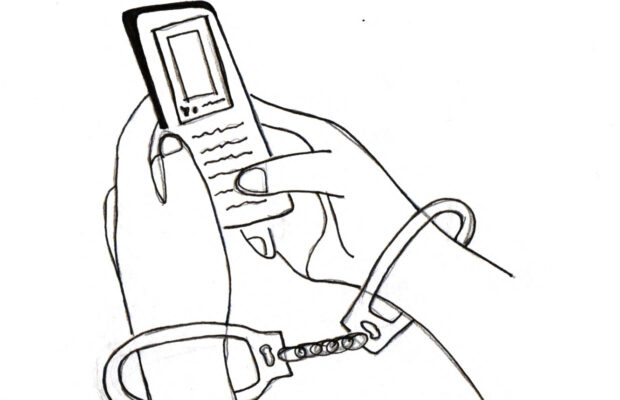Free speech is in – only if it sells

Social media is often viewed as a modern-day public square. And, to a certain extent, it may feel that way. Whether it’s memes, cooking videos or gossip, it seems as if there are scarce limits to what we can post online.
However, if given some thought, some of the most widespread and popular public forums in America, such as TikTok, Instagram and X, promote an illusion of free speech. At the end of the day, these apps are privately owned and not subjected to constitutional rights. They are run on the values of their terms and conditions, the corporate interests of their owners and the exact opposite of the democratic values on which we have built our society.
With the lack of democratic oversight when moderating content, companies are permitted to censor or boost any post they feel fit in order to fit their narrative. What many fail to realize is that the promotion of content is not based on factuality or its value, but rather the amount of engagement and profit it will farm.
This is especially realistic during the election season. Due to the desire for more sensational content on social media platforms, this phenomenon can cause an uproar of disinformation campaigns, which are used to sway public opinion when the time for voting comes. In turn, if only extreme content is promoted, it fuels division among the public and distorts collective conversation.
Nevertheless, social media is still a substantial form of entertainment for viewers to distract themselves from the outside world. However, we must change our perspective on social media in order to limit division and uphold our democratic values. Users must separate themselves from the digital world and shift their awareness from content that is aimed to manipulate, and focus on content that seeks to educate viewers, rather than to simply cultivate engagement.



